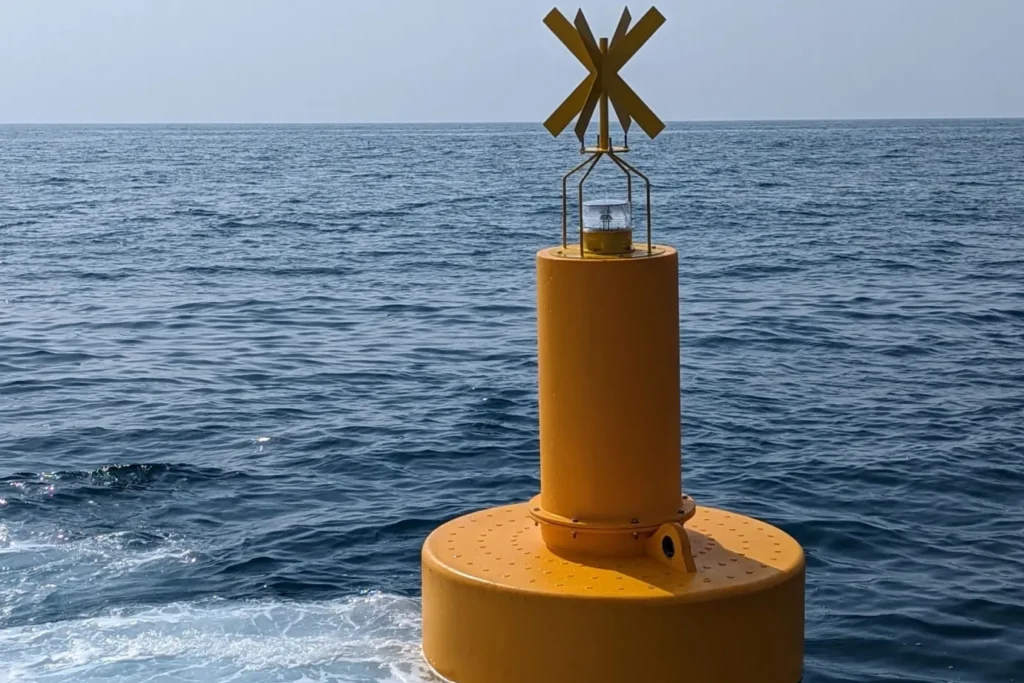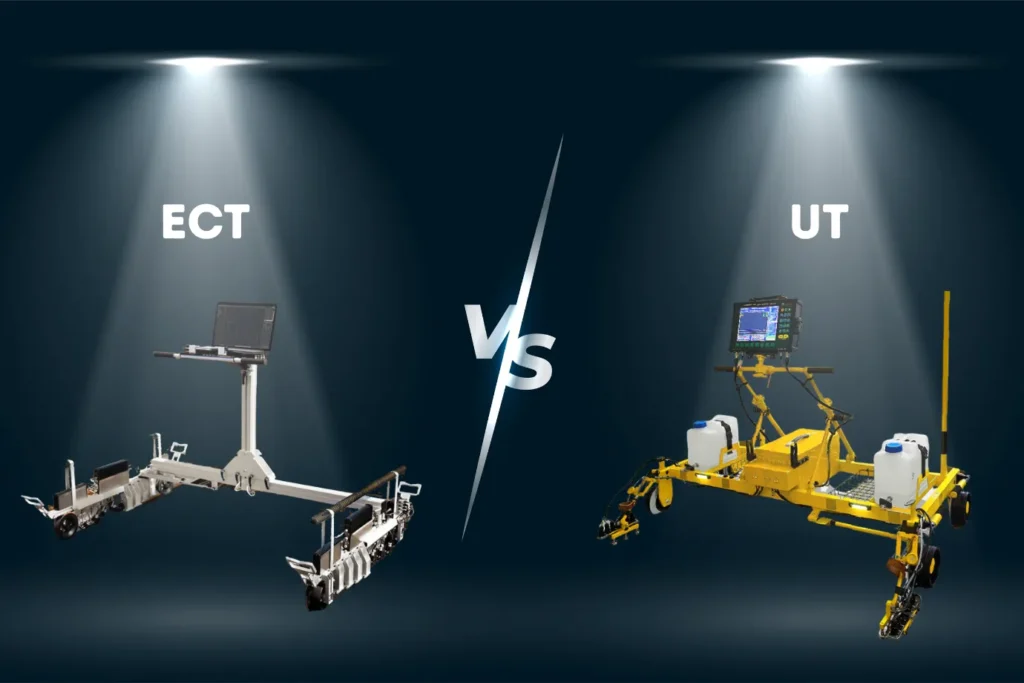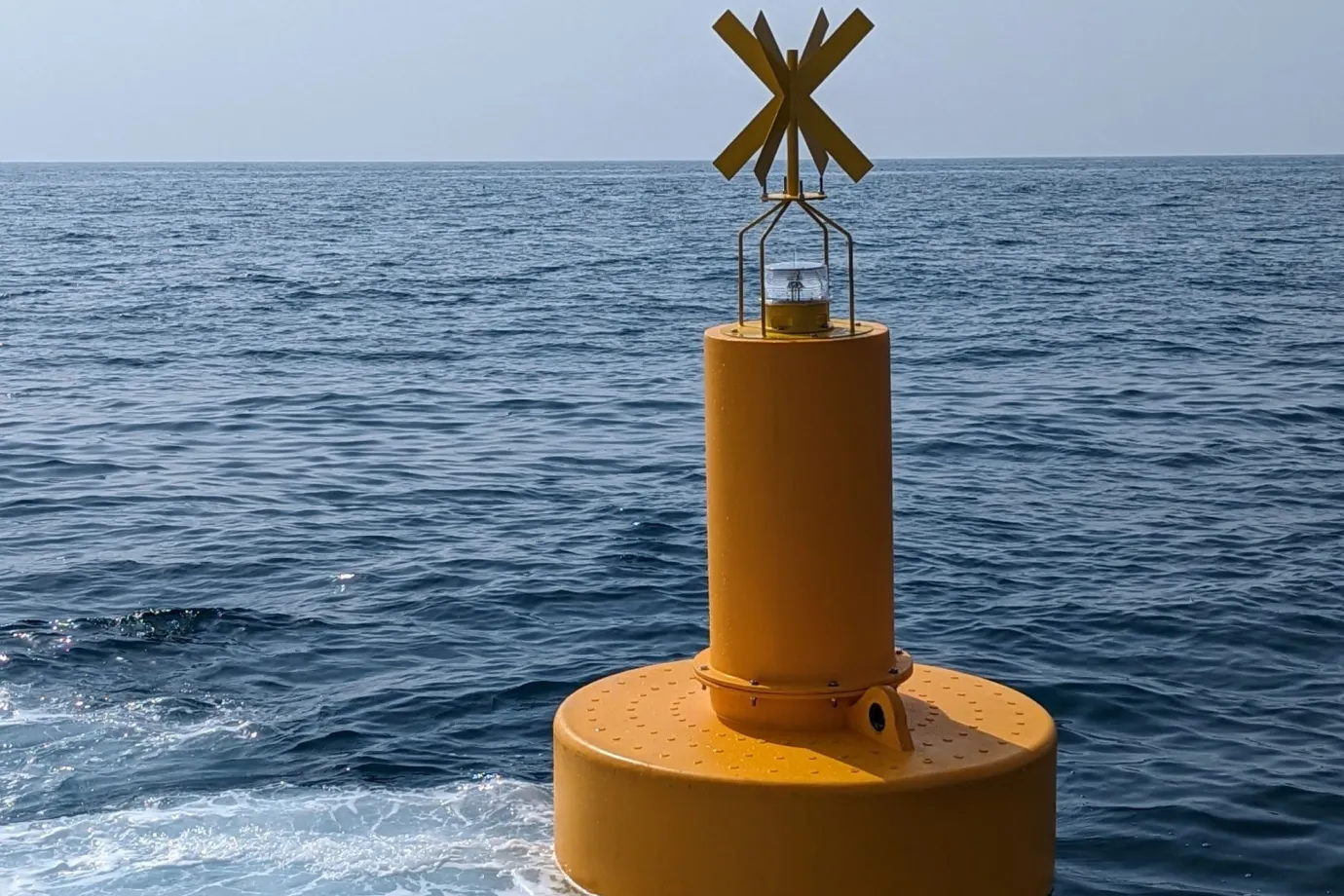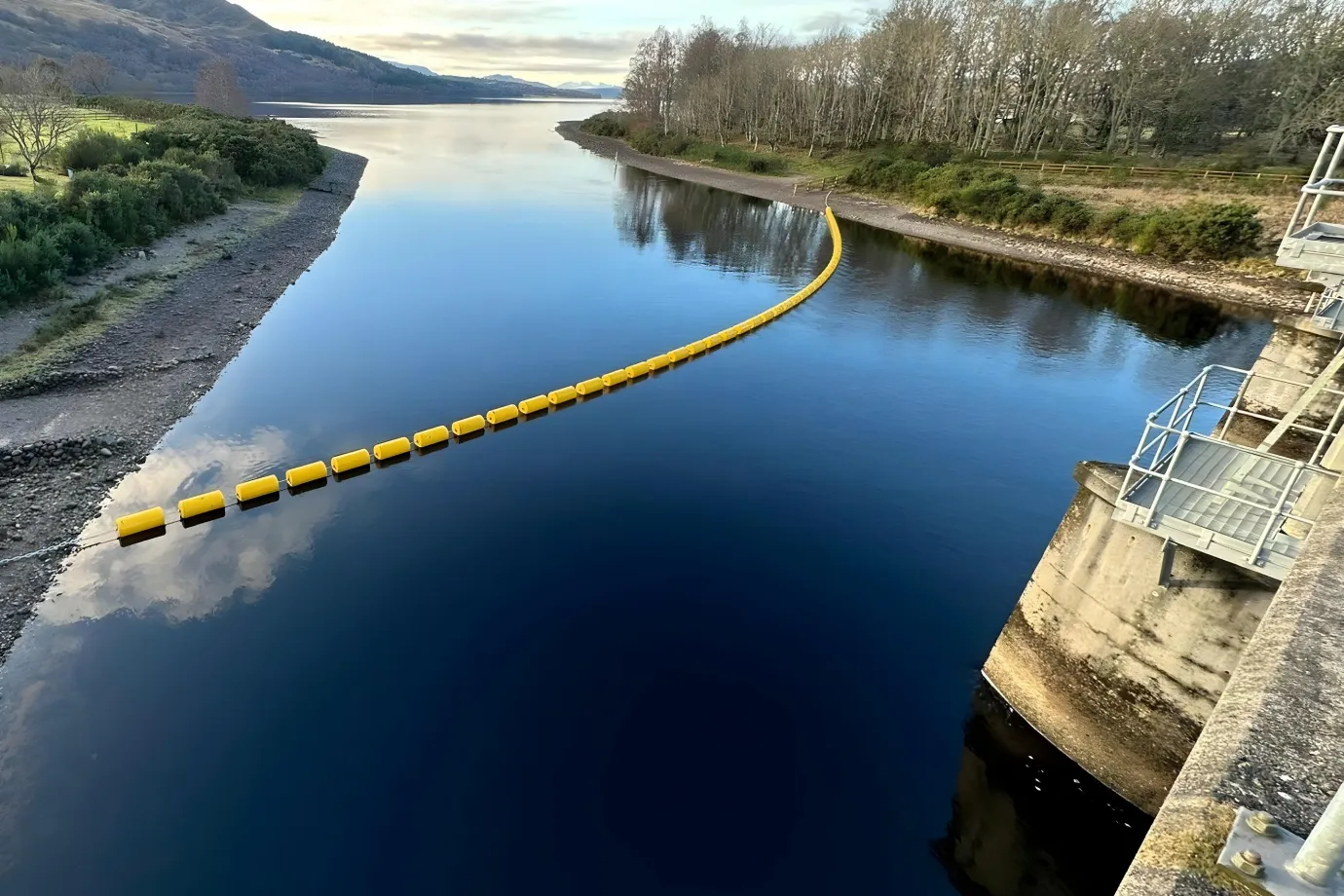Safe navigation is impossible without Aids to Navigation (AtoN) solutions. At the core of this, marine buoys are one of…
When it comes to railway inspection, the debate of eddy current vs ultrasonic testing is one of the most important…
Surface defects appear on the rail track surface when it consistently contacts rolling stock wheels, …
- 5 Min Read
Safe navigation is impossible without Aids to Navigation (AtoN) solutions. At the core of this, marine buoys are one of …
- 5 Min Read
Before comparing HDPE Boom vs Steel vs PVC, it’s important to understand that booms are floating barriers used in maritime …
- 8 Min Read
Heavy-duty HDPE boom are floating devices used in maritime operations to meet environmental, safety, or security needs. One of the …
- 5 Min Read
Surface defects appear on the rail track surface when it consistently contacts rolling stock wheels, environmental impacts, or heavy loads. …
- 6 Min Read
When it comes to railway inspection, the debate of eddy current vs ultrasonic testing is one of the most important …
- 6 Min Read
Railway inspection was exhausting formerly. The different components of the rail tracks were destroyed to be inspected using special equipment, …








